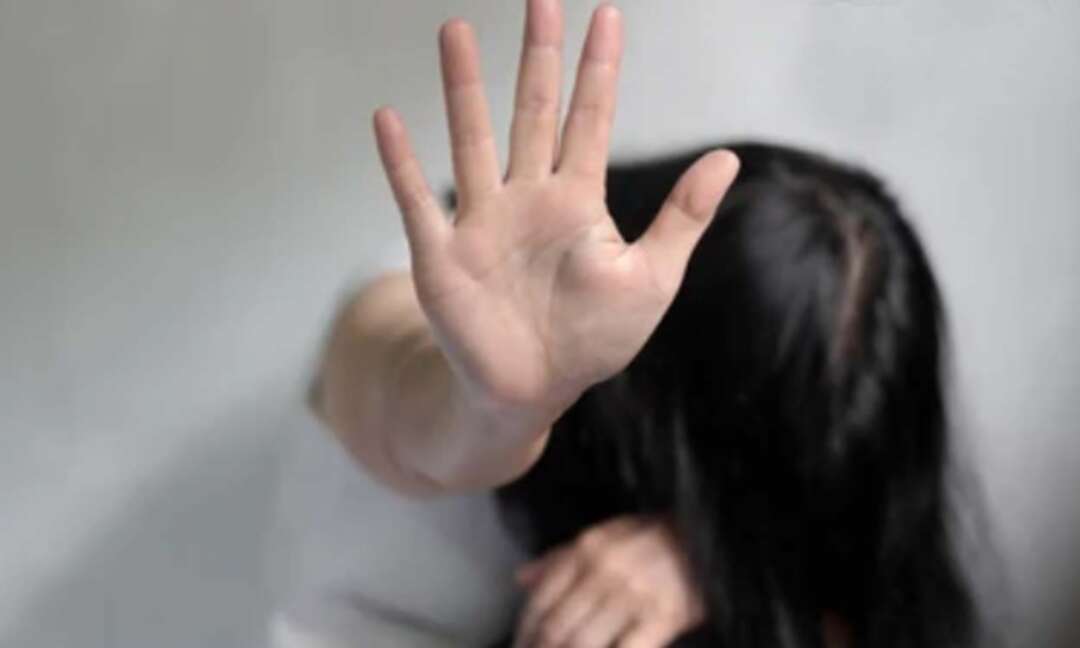-
UK religious groups handle child sex abuse allegations with 'blatant hypocrisy'

According to the BBC, the Independent Inquiry into Child Sexual Abuse (IICSA) said some religious organisations in England and Wales were "morally failing" children.
It said, the inquiry examined evidence from 38 groups, including sects from Christianity, Orthodox Judaism and Islam.
The report found, leaders discouraged reporting abuse to protect reputations.
It said the religious leaders also blamed victims for their abuse, and relied on religious dogma when responding to allegations.

According to the BBC, the report, which follows on from inquiries into the Catholic and Anglican Churches, comes after several weeks of public hearings held last year in which victims of abuse gave evidence.
The BBC mentioned that it covers a series of religious groups including Jehovah's Witnesses, Baptists, Methodists, Islam, Judaism, Sikhism, Hinduism, Buddhism, and non-conformist Christian denominations.
The report said that many religious sects were putting children at risk by victim blaming, not openly discussing matters of sexuality, abuse of power by religious leaders, men dominating the leadership, mistrust of non-religious agencies, and misusing the concept of "forgiveness".
Read more: Number of UK shoppers improves in August reducing gap on pre-pandemic level
The inquiry found that in some communities "the relationship between ideas of sexual 'purity' and social and familial standing are likely to make abuse markedly harder to report".
It said: "The imperative not to speak is bound up with notions of honour, with consequences for an individual's ability to marry, for their family and for the 'honour' of their community. In extreme cases, being seen as dishonourable can lead to violence against that individual or their family."
The inquiry concluded: "Religious believers can find it difficult to accept that members of their congregation or religious leaders could perpetrate abuse. As a result, some consider that it is not necessary to have specific child protection procedures or to adhere strictly to them."
Source: BBC
You May Also Like
Popular Posts
Caricature
BENEFIT Sponsors BuildHer...
- April 23, 2025
BENEFIT, the Kingdom’s innovator and leading company in Fintech and electronic financial transactions service, has sponsored the BuildHer CityHack 2025 Hackathon, a two-day event spearheaded by the College of Engineering and Technology at the Royal University for Women (RUW).
Aimed at secondary school students, the event brought together a distinguished group of academic professionals and technology experts to mentor and inspire young participants.
More than 100 high school students from across the Kingdom of Bahrain took part in the hackathon, which featured an intensive programme of training workshops and hands-on sessions. These activities were tailored to enhance participants’ critical thinking, collaborative problem-solving, and team-building capabilities, while also encouraging the development of practical and sustainable solutions to contemporary challenges using modern technological tools.
BENEFIT’s Chief Executive Mr. Abdulwahed AlJanahi, commented: “Our support for this educational hackathon reflects our long-term strategic vision to nurture the talents of emerging national youth and empower the next generation of accomplished female leaders in technology. By fostering creativity and innovation, we aim to contribute meaningfully to Bahrain’s comprehensive development goals and align with the aspirations outlined in the Kingdom’s Vision 2030—an ambition in which BENEFIT plays a central role.”
Professor Riyadh Yousif Hamzah, President of the Royal University for Women, commented: “This initiative reflects our commitment to advancing women in STEM fields. We're cultivating a generation of creative, solution-driven female leaders who will drive national development. Our partnership with BENEFIT exemplifies the powerful synergy between academia and private sector in supporting educational innovation.”
Hanan Abdulla Hasan, Senior Manager, PR & Communication at BENEFIT, said: “We are honoured to collaborate with RUW in supporting this remarkable technology-focused event. It highlights our commitment to social responsibility, and our ongoing efforts to enhance the digital and innovation capabilities of young Bahraini women and foster their ability to harness technological tools in the service of a smarter, more sustainable future.”
For his part, Dr. Humam ElAgha, Acting Dean of the College of Engineering and Technology at the University, said: “BuildHer CityHack 2025 embodies our hands-on approach to education. By tackling real-world problems through creative thinking and sustainable solutions, we're preparing women to thrive in the knowledge economy – a cornerstone of the University's vision.”
opinion
Report
ads
Newsletter
Subscribe to our mailing list to get the new updates!






















